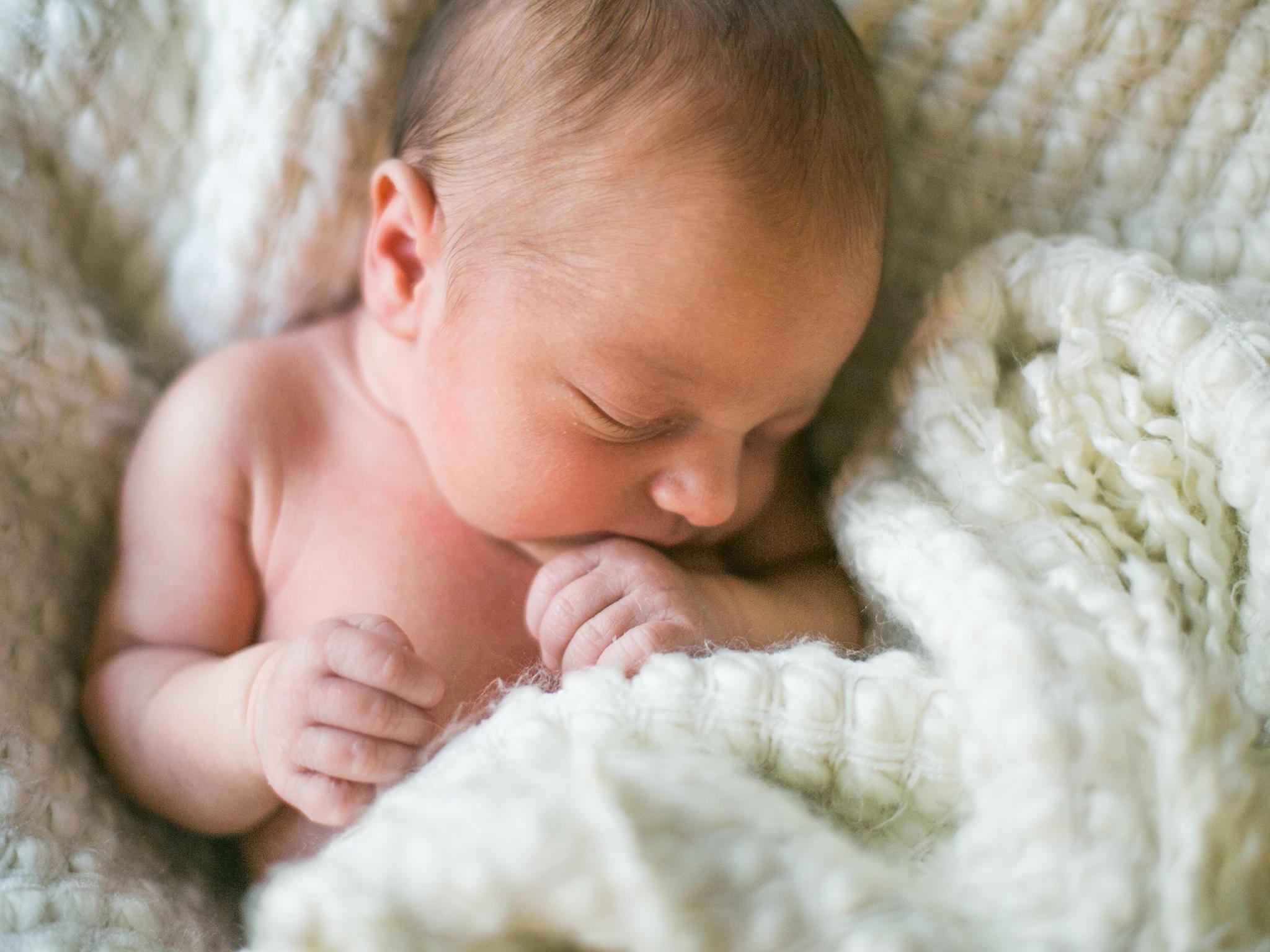Why we should reconsider assigning babies as 'boys' or 'girls' at birth
Amid the uproar about gender neutral children's clothing in John Lewis and at a school in East Sussex, perhaps we should consider letting children have more say over their identities

Trans rights have burst into the spotlight in the past few years thanks to high-profile figures like Laverne Cox and Caitlyn Jenner, with the former’s 2014 Time cover seen as a watershed moment for the movement.
Now, the debate has turned to children and gender. John Lewis has sparked controversy after it announced it would be scrapping “boys’ and “girls” labels on children’s clothing. While the decision was praised by many as progressive, others accused the store of “bowing down to political correctness”. Further fanning the flames of unease was the story that the Priory School in Lewes, East Sussex, has scrapped skirts for new students as part of its gender neutral clothing policy.
Underlying these stories is the idea that gender isn’t as rigid as we thought it might be. It’s more fluid than the longheld binaires of “girl” and “boy”, and “man” and “woman”. People are accepting that the gender the midwife assigns us at birth after taking a look at our genitals doesn’t always match up with how we feel inside. That’s why some people identify as trans, gender non-binary and queer.
Since gender issues have hit the mainstream in recent years, the number of people seeking gender identity treatment has risen dramatically in the UK, with some of the 14 clinics seeing spikes of several hundred percent, according to the Guardian. And the number of children seeking help for gender dysphoria, where the gender they were assigned with at birth doesn’t match what they identify with, has increased more than tenfold in the six years leading up to 2016, according to figures from the Gender Identity Development service. Between April to December 2015, nearly 969 under-18s in the UK were referred to the NHS with gender identity issues, including almost 200 aged 12 or under. There were just 94 in 2009 to 2010.
LGBT+ rights around the globe
Show all 9All things considered, then, why do we still assign gender to children at birth? Gender reveal parties where where a baby’s status as ‘boy’ or ‘girl’ is celebrated before the sprog has even made it out the womb, are already being questioned and lampooned online. In decades to come, will placing so much emphasis on gender be a welcome thing of the past?
Dr Helen Webberley, a GP and Gender Specialist at .GenderGP.co.uk hopes so.
“Looking back through history, and listening to people’s stories today, we can clearly see that one’s gender - how they feel and how they identify - is not determined by their chromosomes, genetic make-up or genitals," she tells The Independent.
“Although most people with what we perceive to be male genitals, identify as male, there are many people with those genitals who identify very strongly as female, and vice versa and all along the spectrum between male and female.
“Maybe we don’t even need to set a gender identity at all - in the same way we don’t have to declare our religion, our colour, our sexuality, our intellect - why does it matter where on the gender spectrum we sit?”
Lee-Anne Lawrance, a 30-year-old graphic design from Surrey who identifies as non-binary and uses the pronoun “they” has experienced how assigning gender at birth can be harmful.
“As a non-binary person, I do not identify with the gender I was assigned at birth. Being squeezed into this box that I didn't fit into was stressful and painful. Constantly being told I am something I am not, that other people knew me better than I knew myself, has definitely affected my mental health. Imagine if the whole world repeatedly told you you had blue hair and you knew you didn't, imagine growing up with that.”
Lawrance is among campaigners pushing for an ‘x’ marker on British passports to signify a person who doesn’t identify as a man or a woman. However, they argue that the idea of scrapping the current system is “difficult”.
“I can see why people value it when it is so entrenched in every aspect of our society. It's hard to think about a society that works a little differently to the one we have now. Why do we assign genders at birth and then raise our children differently based on that assignment? Does it not just reinforce stereotypes about men and women? Are we not creating the structure that we try to fight against later on when we try to get more women into STEM fields and so on?”
“Gender markers follow us throughout our lives, yet in many contexts seem arbitrary,” chimes Jamie Pallas of Gendered Intelligence, an arts organisation for young trans people.
“We are seeing more and more parents are interested in gender neutral parenting – they are resisting gender stereotypes and the reinforcement of gender roles," adds Pallas. "However, the legal and social assignment of gender at birth is entrenched in society and unlikely to disappear anytime soon. The backlash against efforts to de-gender children’s clothes, for example, demonstrates quite clearly that we are a long way off understanding gender as more diverse than a binary system of boy or girl.”
A better system might involve noting down a baby’s sex on medical records, but not in an way that denotes their gender, they argue.
“Let children figure out their gender for themselves,” says Lawrance. “Give them the opportunity to explore and enjoy life without being constrained to a pink box or a blue box.”
Subscribe to Independent Premium to bookmark this article
Want to bookmark your favourite articles and stories to read or reference later? Start your Independent Premium subscription today.

Join our commenting forum
Join thought-provoking conversations, follow other Independent readers and see their replies